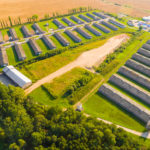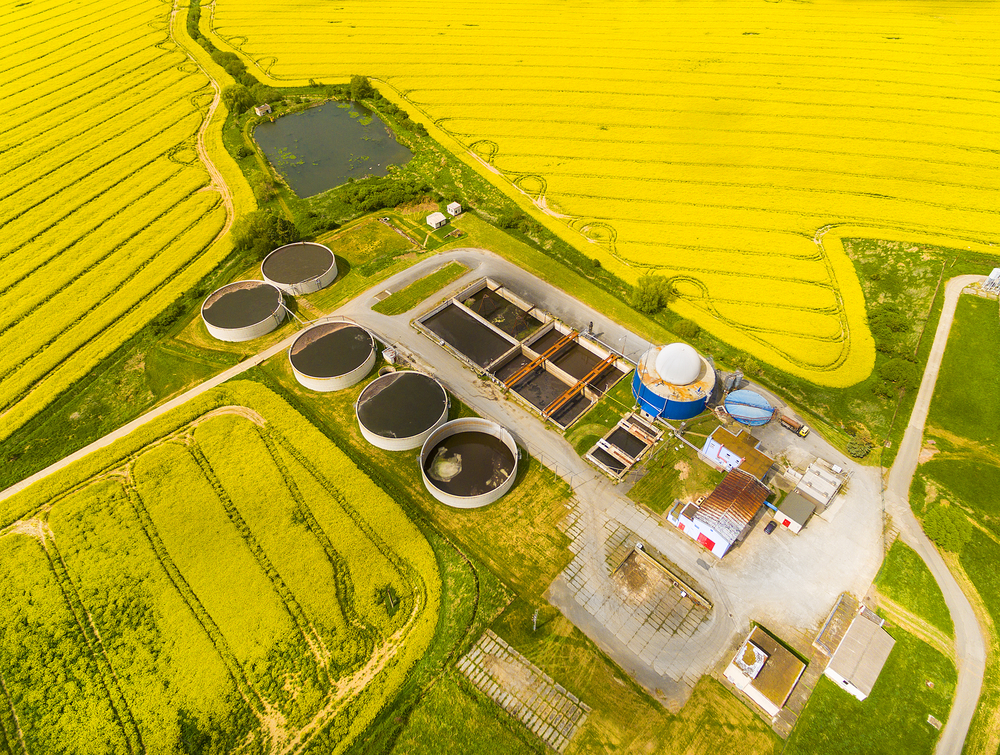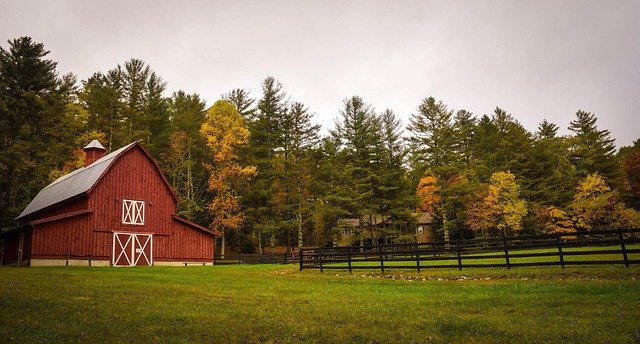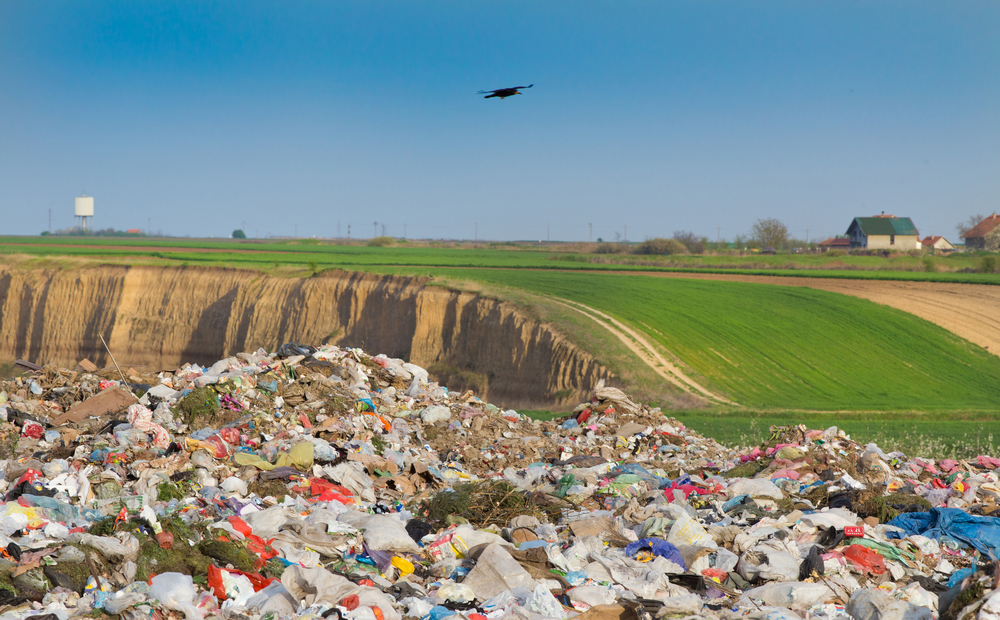When we think of global warming and pollution, we often blame large corporations and vehicle emissions. It’s rare that we connect farming with pollution. Agricultural pollution is on the rise and accounts for 10% of greenhouse gas emissions. But to figure out how to solve the agricultural waste problem, it’s important to understand what agricultural waste is and how agricultural waste does harm the environment.
What Is Agricultural Waste?
Agricultural waste is products disposed of by small and large farms, factories, poultry, and dairy farms. These products are both unintentionally and intentionally disposed of. There are several different types and examples of agricultural waste.
- Green waste– this type of waste is considered to come from organic plant matter. Leaves, crop waste, and other materials that decompose.
- Pesticide and feces runoff– pesticides and manure are known to leech into the soil. This not only has the potential to damage soil fertility but also other habitats, animals, and bodies of water. Throughout history, there have been many reported instances of pesticide runoff along with animal feces leaking into surrounding water supplies.
- Gas emissions- Factories and farm machinery produce gas emissions that damage the atmosphere. Methane gas is also produced by the feces of animals, in particular cattle. Livestock emissions are responsible for 14 to 18% of all greenhouse gas emissions.
How Does Agricultural Waste Impact Us Locally?
Los Angeles, CA, is an example of how emissions affect local areas. Though most of the pollution created in this region is from high traffic, overpopulation is a classic example of pollution effects. The city has its own weather patterns that are different from surrounding areas. This is theorized to result from pollution. Agricultural trash can produce similar results.
Not only can this type of pollution damage the quality of the air we breathe but the water we drink. Feces and chemicals are often pumped into holding ponds that have the potential to contaminate groundwater. This can affect local areas and cause numerous health issues. These holding ponds can sometimes overflow resulting in catastrophic damages.
How Does Agricultural Waste Impact Us Globally?
Globally, we know that waste creates air pollution which damages our atmosphere. These gases from large factory farms, which are one of the direct causes of agricultural waste, release greenhouse gases known as methane, carbon dioxide, nitrous oxide, and fluorinated gases. The greenhouse gases trap heat in our atmosphere causing numerous damages like:
- Global warming
- Low air quality
- Respiratory complications
- Smog
- Violent weather
- Wildfires
- Melting polar ice caps
- Issues with food supply
What Can We Do To Reduce It?
There are many efforts we can make as individuals and collectively as a planet to address the agricultural waste problem. The leaders in the agricultural industry are required to apply certain management practices to reduce environmental damage. However, it is not enough. Here are some ways to help:
- Recycling is one effort all of us can make to help reduce trash. By doing so, we can significantly reduce landfill waste and emissions.
- Write your state representatives- there is not as much regulation over agricultural garbage as one would think. Despite the numerous lawsuits and movies made, water contamination regulation needs tremendous attention. Emerging contaminants (ECs) are materials within the water supply that are difficult to measure. Hormones, antibiotics, and pharmaceuticals are examples of this. There is little to no regulation on how much of these are allowed in the water. We need to do better as a country.
- Supply and demand- if we as a society create a shift in the needs the supply would change. For example, if we stopped buying a certain produce or meat product in the industry, we default.
Contact Us Today
At Western Packaging, we are continually developing products that help improve methods for farmers and contractors. We share the goal of reducing agricultural waste by developing products that save time, energy, and resources. Give us a call today!






Sorry, the comment form is closed at this time.